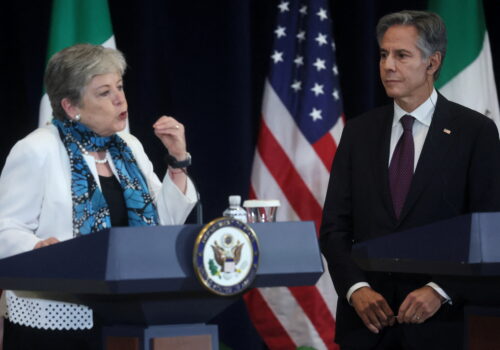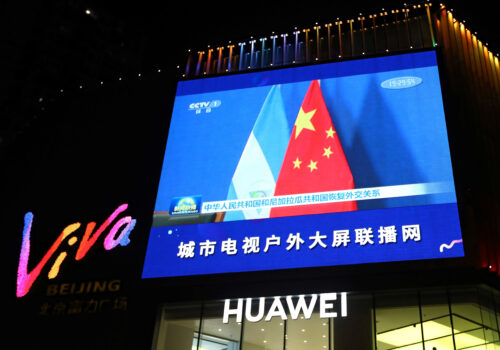In an era demanding urgent strategic recalibration, the United States faces a pivotal moment in its relationship with Latin America and the Caribbean (LAC). The call to action is clear: hit the reset button on US-LAC relations to avoid further erosion of US influence and the weakening of vital partnerships in a globally reordering landscape. The combined economic might of LAC, ranking as the world’s seventh-largest economy, along with its rich natural resources, and significant trade relationships with the United States, underscores the region’s importance. Moreover, shared challenges in governance, security, migration, and the profound people-to-people ties further emphasize the necessity of a revamped partnership approach.
This renewed strategy must pivot from past practices to embrace a future-oriented partnership, prioritizing mutual respect, shared values, and a collective vision for regional prosperity and stability.
Acknowledging the region’s potential to contribute to global solutions, the strategy should leverage LAC’s youthful demographics, vast resources, and emerging markets, while addressing hemispheric issues like economic stagnation, climate change, inequality, and diminishing trust in democratic institutions. Furthermore, in the face of strategic competition from global powers like Russia and China, and amid other pressing global challenges, the United States must recalibrate its engagement in the hemisphere to maintain relevance and foster a resilient, prosperous partnership that can navigate and influence the complexities of the global landscape.
In conversation with
Related content
Related programs

The Adrienne Arsht Latin America Center broadens understanding of regional transformations and delivers constructive, results-oriented solutions to inform how the public and private sectors can advance hemispheric prosperity.

The Scowcroft Center for Strategy and Security works to develop sustainable, nonpartisan strategies to address the most important security challenges facing the United States and the world.




